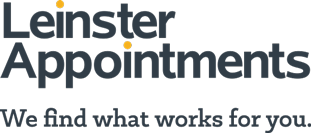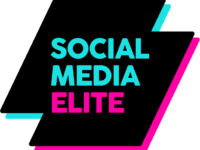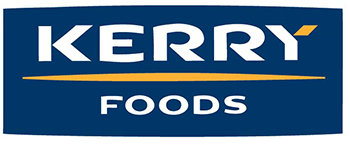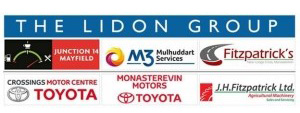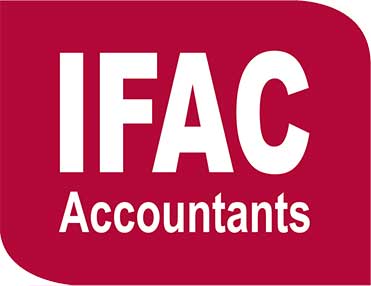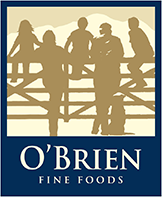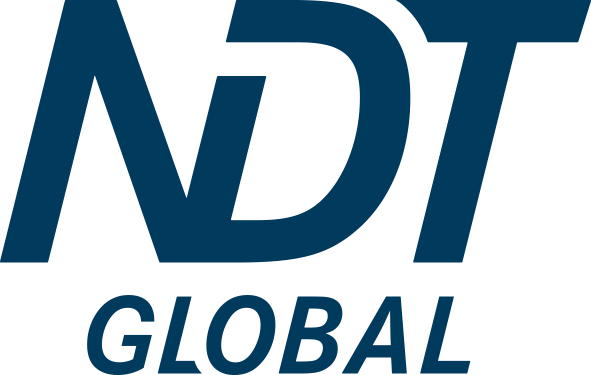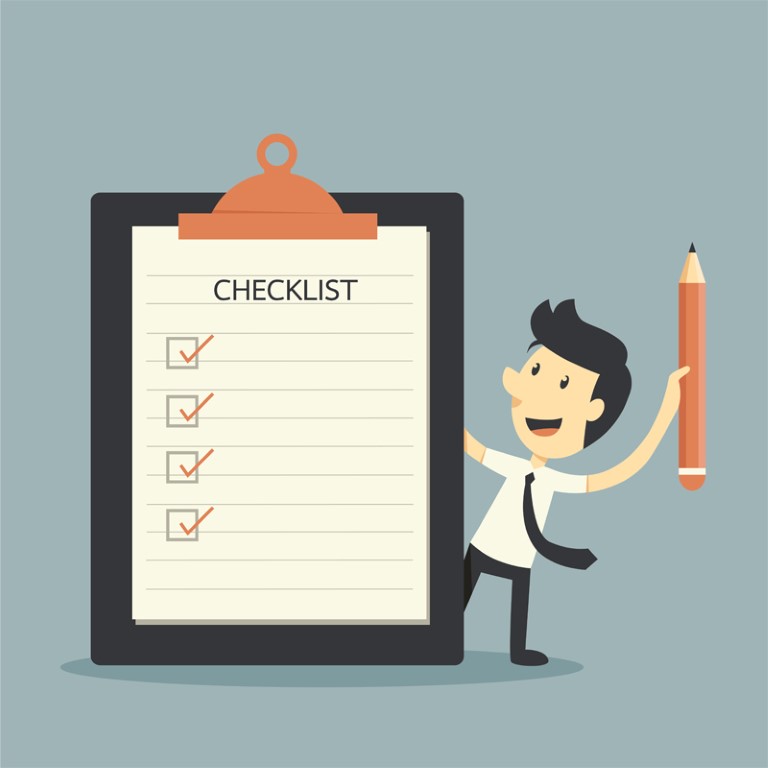
What are employers are generally looking for?
- Qualifications
- Positive attitude
- Interest in the company and position
- Stable work history
- Clear sense of purpose
- Communication skills
- High performance standards
- Cultural fit
Interviews vary in style and length. Some can be formal and structured while others can seem random and more like a general conversation. Let the interviewer set the tone and match your style with theirs, in accordance with your individual personality.
Although there is not one way of interviewing, there are standard steps that apply to every interview process.
- Your greeting should include a firm handshake, an enthusiastic hello, and lots of eye contact followed by a verbal introduction.
- Follow the interviewers’ leads, but try to get the interviewer to describe the position and the duties to you early in the interview process. This way, you may be able to apply your background, skills and accomplishments to the position in a more focussed manner.
- Establish rapport with the interviewer. People want to hire those they feel most comfortable with.
- Make sure that your good points come across to the interviewer in a factual, sincere manner. Stress achievements (especially if they can be quantified). For example: sales performance, processes developed, savings achieved, systems installed, etc.
- Respond to questions being asked as they relate to the position, or the company’s needs. If asked about your background, be specific and only talk about those aspects that relate to the particular position in question. This tailored approach should keep your interviewers engaged at all times.
- If you get the impression that the interview is not going well and that you have already been rejected, do not let your discouragement show. Sometimes an interviewer who is genuinely interested in you may seem to discourage you as a way of testing your reaction.
- Never be negative about a past employer.
- You are not required to discuss salary at the first interview. If you wish to avoid queries relating to salary you can respond with: “Salary is not the be all and end all for me. I would look at market rates for someone with my experience.”
- Make sure you talk about why you are interested in this position and what you can offer the company.
- The closing phase is the most important part of the interview for making a lasting impression that can place you above other competitors for the same position. Remember, the candidate that shows the most enthusiasm for the job, the opportunity and the company is usually the one that gets the offer!
How to deal with nerves during a job interview
Being nervous before or during an interview can hinder your chances of getting a job. It can affect your body language, speech, confidence and also performance. In an already stressful situation it is an issue that has to be dealt with.
The good news is that by following some simple procedures and steps you can control and reduce your anxiety. Nervousness during an interview CAN be controlled.
Keep everything in perspective
- Remind yourself the worst that can happen if you fail at the interview is that you will not get the job, nothing else. Remember that there are many other jobs that you can apply for and that you have nothing to worry about.
Go to as many interviews as you can.
- The more interviews you go to the more experienced you will become and the less you will dread them.
Debrief after every interview
- After each interview sit down and write down what you feel you did wrong and what you felt you did right. Then make notes on what to do in your next interview.
Research the company
- Look at the company’s website, their products, services and industry, the more you learn about a prospective employer the more confident you will feel. Research key staff within the organisation by looking at their LinkedIn profile, especially in regards their qualifications and the career path they took.
Think happy thoughts
- Just prior to the interview think about positive and happy experiences you have had, like family outings, holidays etc. This can help relax you considerably.
Sitting down during the interview
- Assume a posture that is not uncomfortable and that allows you to breathe deeply and slowly without straining.
Breathing
- During the interview take deep slow breaths to get oxygen to your brain. Also just before entering the interview room take deep breaths and hold it in for a count of five, then let it out for a count of five.
Clothes and grooming – look good…feel good
- Focus on looking good; take time to wear the right clothes and to look good. Ensure you have brushed your teeth and that your breath smells fresh. All of these little points will help make you feel more confident about yourself and your ability.
Arrive early
- Get there with time to spare, this will help to settle down and make you feel in control. If you arrive 3 minutes before the interview you will feel rushed and not in the right frame of mind for an interview. Aim to arrive at least 10 minutes prior to your interview commencing so you have ample time to get accustomed to and feel comfortable with your new surroundings.
Prepare for the interview
- Make sure you have plenty of time to prepare and arrive for the interview. Plan and prepare what you are going to wear the day before. Also plan your travel preparations the day before.
Everyone gets nervous
- Reassure yourself by remembering that you are not the only one who gets nervous at an interview. Virtually every other job applicant will experience those same nerves.
Go for a walk before the interview
- Get some fresh air and go for a 10 or 15 minute brisk walk before the interview starts.
Sleep
- Get a good night’s sleep before the interview date. Feeling tired and irritable is the last thing you need.
- Avoid energy drinks or coffee before an interview
- These are stimulants and if you are nervous they may make your condition worse.
Have a calming ritual
Many people have a certain procedure or ritual that they follow which relaxes them and helps them cope with interviews. This could be anything from going for a short walk, taking a shower, having a light meal to wearing a certain pair of socks. These may sound odd but they do work for many people by physiologically making them feel more comfortable.
Questions to ask in an Interview
Questions you might ask at a job interview:
- Why has the position become available?
- How would you describe the culture of the company?
- What induction/training programme is there?
- What kinds of people have previously been successful in the company?
- What plans has the company for future development?
- Which are the company’s bestselling products or services?
- Can you describe a typical day for someone in this position?
- How will my leadership responsibilities and performance be measured? And by whom? How often?
- Is there a formal process for advancement within the organization?
- What are the traits and skills of people who are the most successful within the organisation?
Questions you may be asked in a job interview:
- Tell me about your current job?
- How did you get the role?
- Why do you enjoy the role?
- Why did you pick this career?
- Tell me what are your five main job responsibilities?
- How would you describe yourself?
- What influenced you to choose this career?
- What specific goals have you established for your career?
- Give me an example of one of your best accomplishments at work?
- Do you have the personal characteristics necessary for success in your chosen career?
- How would you describe yourself in terms of your ability to work as a member of a team?
- What motivates you?
- Can you describe your long-range goals and objectives?
- What do you expect to be doing in five years?
- How would you evaluate your ability to deal with conflict?
- Have you ever had a difficulty with a supervisor? How did you resolve the conflict?
- Tell me about a major problem you recently handled. Were you successful in resolving it?
- Would you say that you can easily deal with high-pressure situations?
- What quality or attribute do you feel will most contribute to your career success?
- What personal weakness has caused you the greatest difficulty in your job?
- If you could change or improve anything in your work place, what would it be?
- What do you enjoy doing outside of work in your free time?
- What plans do you have for continued study?
- Describe the characteristics of a successful manager.
- Tell me what you know about our company.
